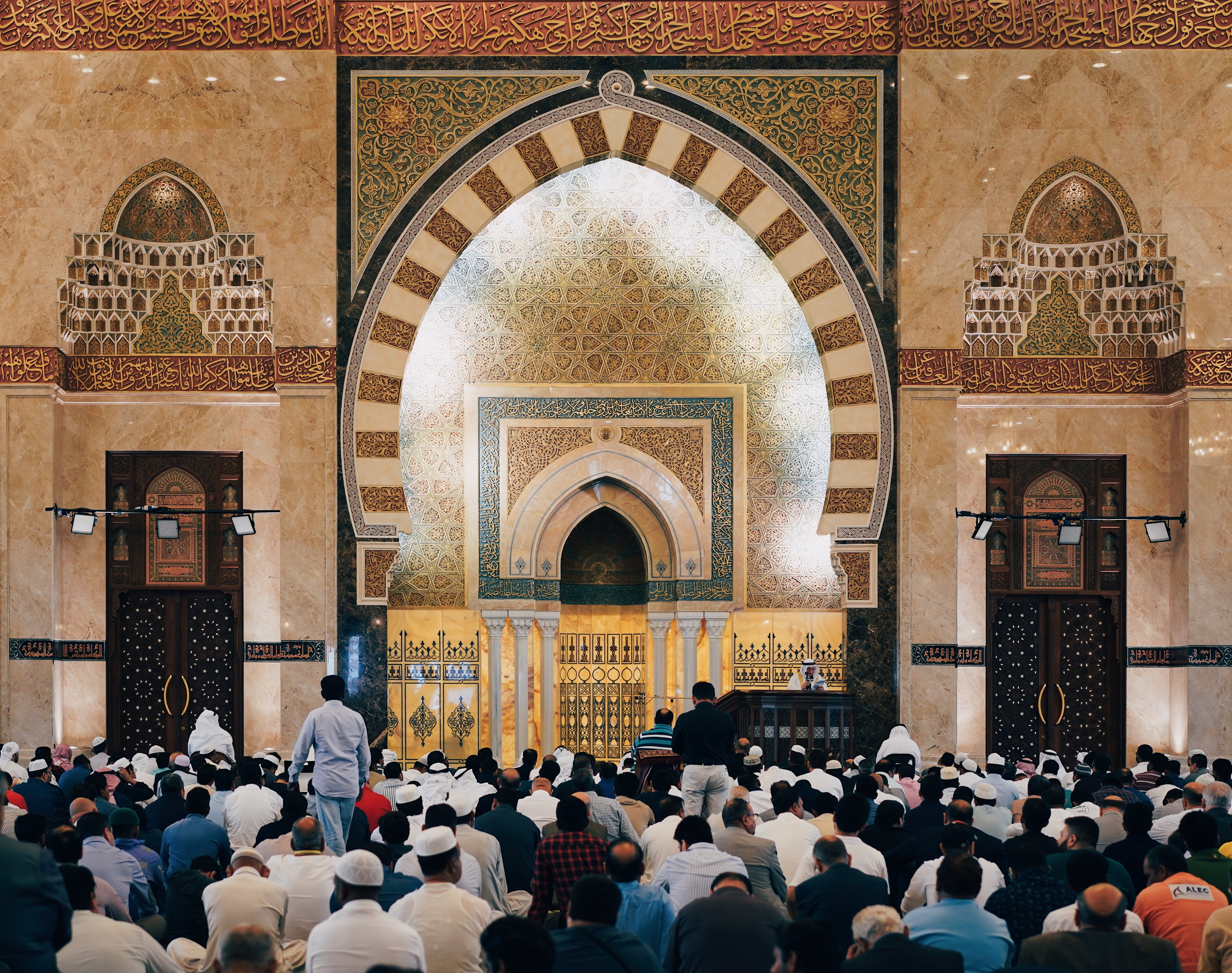
To Muslims, the month of Ramadan is much more than fasting. It is a way for them to deepen their faith and complete acts of service.
Junior Noora Emara, a practicing Muslim, sees Ramadan as a month to fix anything that needs fixing within herself.
Junior Sheila Setiawan said that fasting is more of a second thought to her when considering Ramadan. “Ramadan is a month for Muslims to further their faith and try to do all the good deeds that you can and try to be the best version of yourself,” Setiawan said.
Muslims practice giving to those less fortunate than themselves, and the holy month of Ramadan is a common time for them to do so.
“I just want people to remember that it is more than just fasting,” said Naba Fawzi, a junior from Iraq. For Fawzi, Ramadan is about remembering to pray, getting closer to God, being kind to others and creating better habits.
One of the purposes of Ramadan is to show those participating what it feels like to be hungry and thirsty to gain more empathy and a desire to help the less fortunate.
“It’s the month that forces you to slow down and appreciate the little things, like even a cup of coffee,” said Amani Al-Dajane, director of international student services.
Ramadan is part of the lunar-based Islamic calendar that can run for 29-30 days depending on the moon’s faze, Al-Dajane said.
Setiawan said she struggles with getting a good amount of sleep during Ramadan. “I get up at 4:30 a.m. to start fasting at 5 a.m.,” Setiawan said. “But I stay up until about 1 a.m. the night before studying.”
Those who are sick, traveling, on their period, or children who have not gone through puberty are exempt from fasting.
Setiawan said she was about 12-years-old when she started fasting. She started with half days of fasting from 9 a.m. to 2 p.m. “I would try to go all day, but I think I was complaining,” Setiawan said.
There are five pillars within the Islamic religion. To be considered Muslim one must profess their faith (shahada), pray (salat), donate to the less fortunate (zakat), fast (sawm) and visit the house of God in Saudi Arabia (hajj), according to The Met Museum website.
Zakat must be a specific amount of what the person makes, said The Met Museum website. Hajj is for those who can afford to visit the holy city of Mecca at least once.
“At the end [of Ramadan] where you kind of feel a little calmer,” Emara said. “Where you feel a little more peace inside of you, I think that’s the best part.”

Be the first to comment